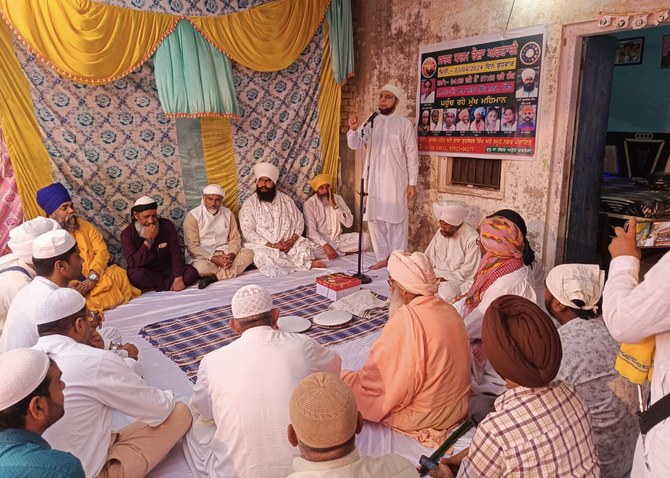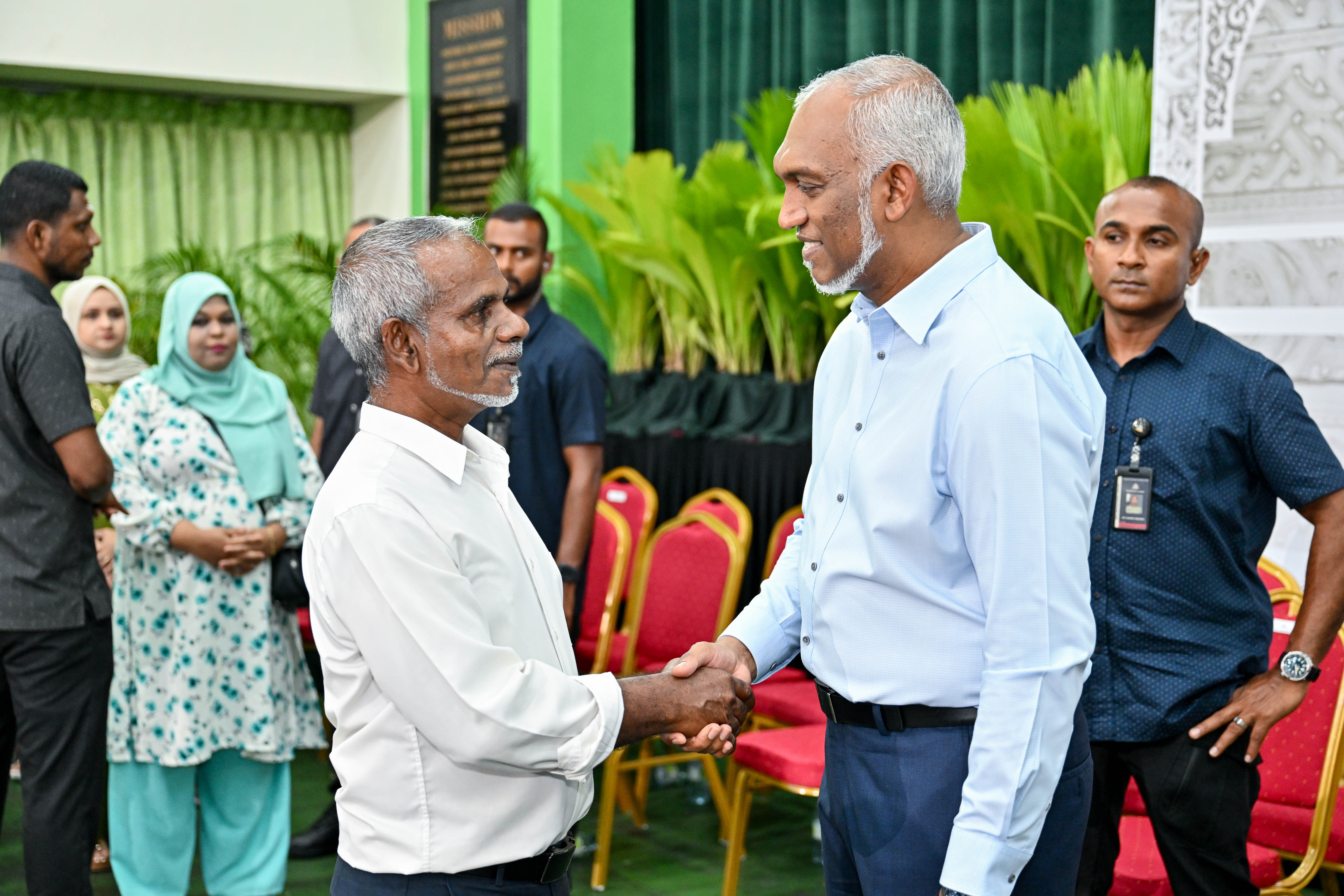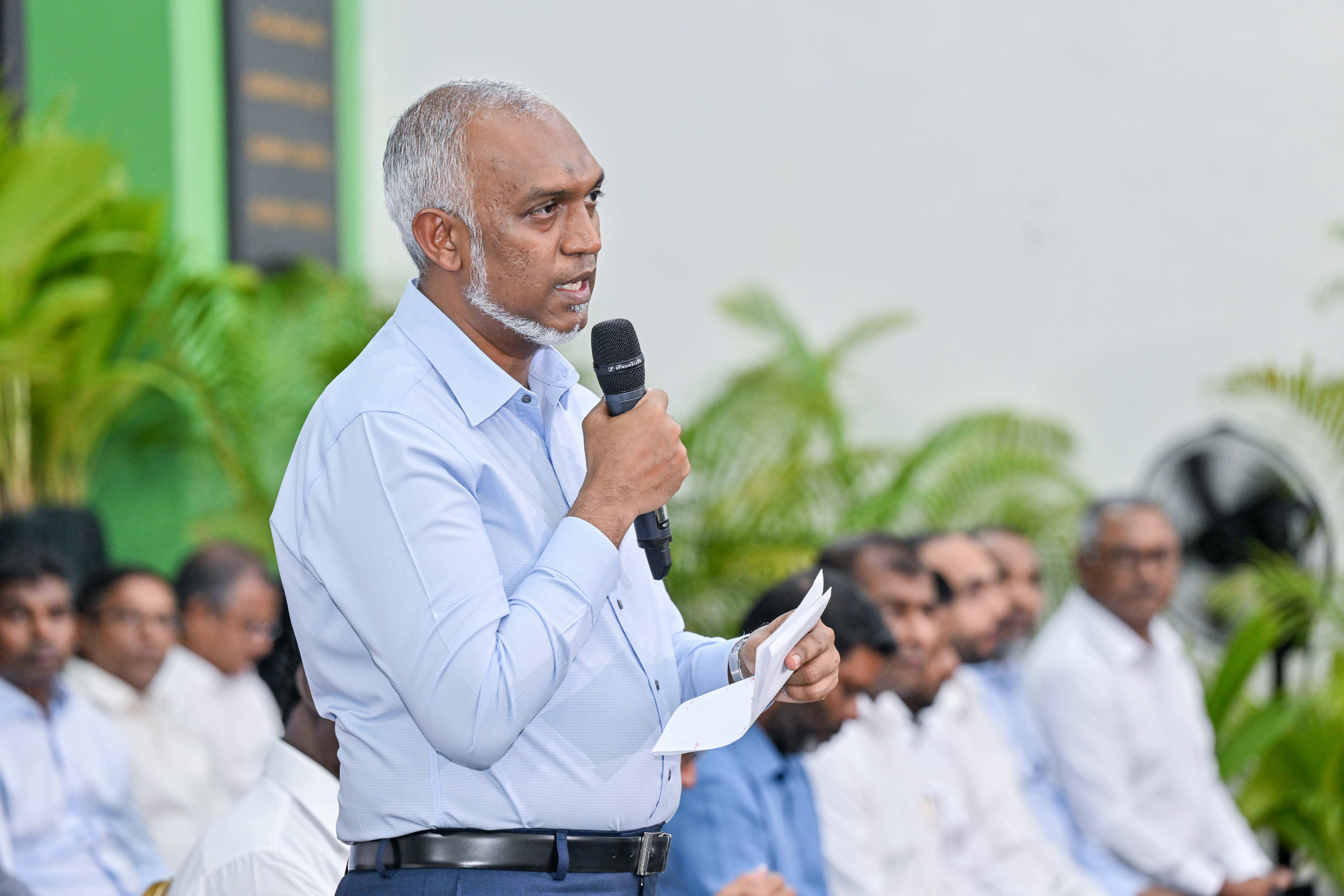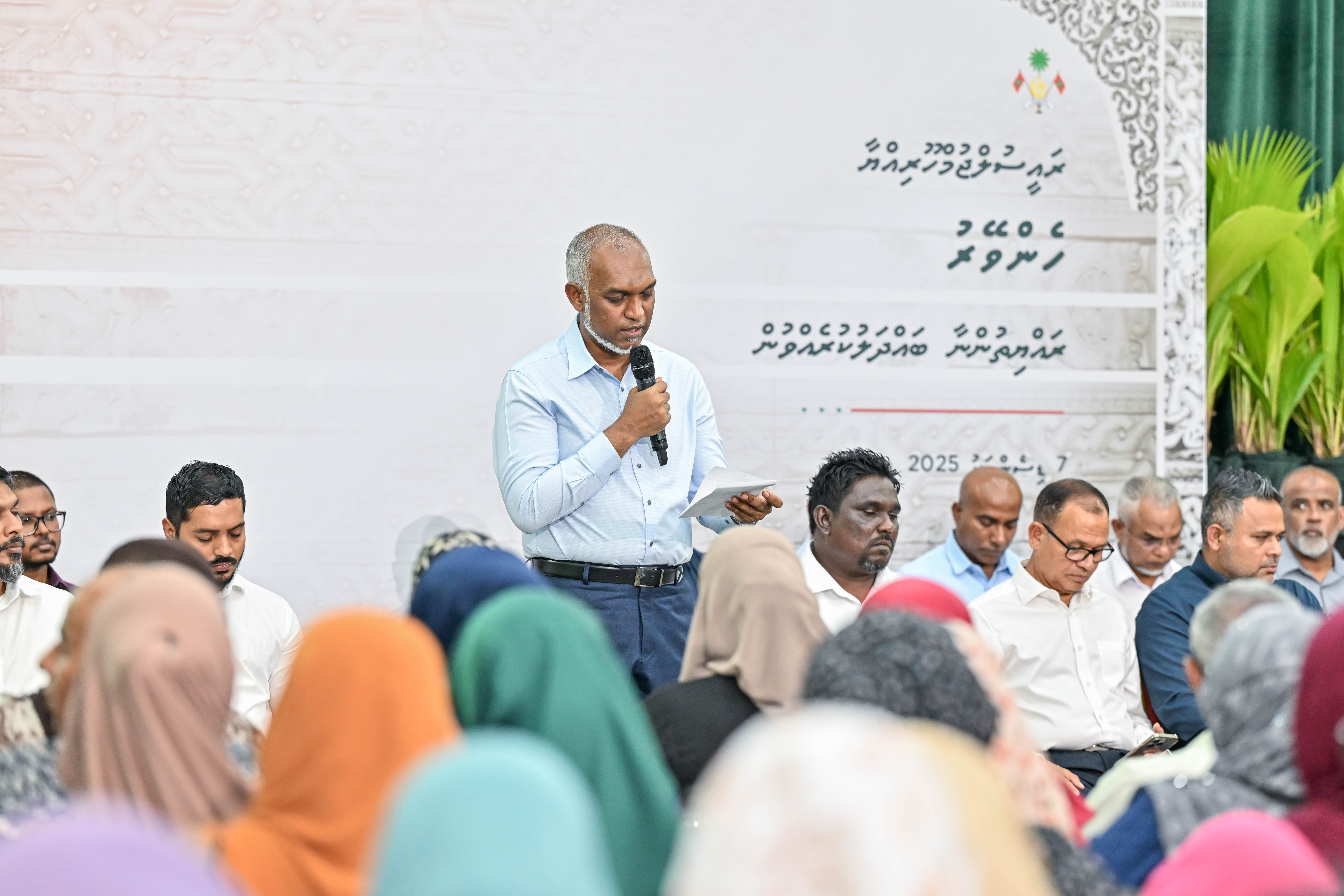In a heartening display of communal unity, Sikhs and Hindus in Malerkotla district, India, are coming together to host iftars for their Muslim neighbors during the holy month of Ramadan. Despite religious tensions elsewhere in the country, this district in Punjab has long been a bastion of religious coexistence and mutual respect.
Malerkotla, with a population of approximately 430,000, boasts a diverse demographic makeup, with half of its residents adhering to Sikhism, 33 percent practicing Islam, and 15 percent following Hinduism. The district's unique history dates back to the 15th century when it was established by Sheikh Sadruddin, fostering a tradition of inclusivity that endures to this day.
The decision by Muslims to remain in Malerkotla following the partition of India in 1947, despite widespread violence and displacement, laid the foundation for its enduring communal harmony. Today, amidst rising religious polarization in India, Malerkotla stands out as a beacon of tolerance and understanding.
Leaders from Sikh temples (gurdwaras) and Hindu temples have extended invitations to their Muslim neighbors for iftar, the meal to break the fast during Ramadan. These gestures emphasize the district's commitment to communal harmony and shared celebrations, transcending religious boundaries.
The roots of Malerkotla's inclusive ethos are deeply embedded in its history. In the 18th century, the district gained renown for the compassionate stance of Shah Mohammed Khan, a Muslim ruler who opposed a Mughal governor's order to execute the young sons of Guru Gobind Singh, the 10th Sikh guru. This act of defiance cemented Malerkotla's reputation as a sanctuary of peace and tolerance.
As Malerkotla residents continue to come together to celebrate each other's traditions, they reaffirm their commitment to unity and understanding. Despite the challenges posed by divisive politics elsewhere, the district remains steadfast in its embrace of diversity and shared humanity.
Malerkotla, with a population of approximately 430,000, boasts a diverse demographic makeup, with half of its residents adhering to Sikhism, 33 percent practicing Islam, and 15 percent following Hinduism. The district's unique history dates back to the 15th century when it was established by Sheikh Sadruddin, fostering a tradition of inclusivity that endures to this day.
The decision by Muslims to remain in Malerkotla following the partition of India in 1947, despite widespread violence and displacement, laid the foundation for its enduring communal harmony. Today, amidst rising religious polarization in India, Malerkotla stands out as a beacon of tolerance and understanding.
Leaders from Sikh temples (gurdwaras) and Hindu temples have extended invitations to their Muslim neighbors for iftar, the meal to break the fast during Ramadan. These gestures emphasize the district's commitment to communal harmony and shared celebrations, transcending religious boundaries.
The roots of Malerkotla's inclusive ethos are deeply embedded in its history. In the 18th century, the district gained renown for the compassionate stance of Shah Mohammed Khan, a Muslim ruler who opposed a Mughal governor's order to execute the young sons of Guru Gobind Singh, the 10th Sikh guru. This act of defiance cemented Malerkotla's reputation as a sanctuary of peace and tolerance.
As Malerkotla residents continue to come together to celebrate each other's traditions, they reaffirm their commitment to unity and understanding. Despite the challenges posed by divisive politics elsewhere, the district remains steadfast in its embrace of diversity and shared humanity.


















